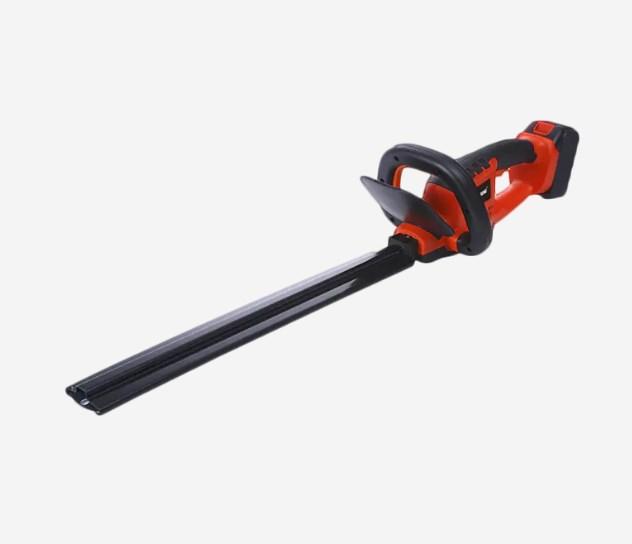Lithium battery garden tools have become increasingly popular due to their efficiency, eco-friendliness, and the convenience they offer over traditional gas-powered or corded alternatives. These tools, which include everything from trimmers and blowers to chainsaws and mowers, are powered by lithium-ion batteries that are known for their energy density, longevity, and lightweight. However, with the rise in usage, questions have arisen regarding the resilience of these lithium batteries, particularly in terms of their susceptibility to moisture and damp conditions.
The concern over lithium battery garden tools and moisture is valid, as the performance and longevity of batteries can be significantly impacted by exposure to water or high humidity. Traditional lead-acid batteries, for instance, are known to be sensitive to such conditions, which can lead to corrosion and a shortened lifespan. However, lithium-ion batteries used in garden tools are engineered with several protective features that make them more resistant to moisture than their lead-acid counterparts.
Firstly, lithium-ion batteries are composed of a lithium compound and have a higher energy density, which means they can store more energy in a smaller and lighter package. This compact design often includes sealed casings that protect the internal components from external elements, including moisture. The sealed nature of these batteries means that they are less likely to be affected by damp conditions compared to open or vented battery designs.
Moreover, lithium battery garden tools are often equipped with additional safety features that protect the battery from overcharging, over-discharging, and short-circuiting. These safety mechanisms can also help prevent damage from moisture, as they can detect when the battery is exposed to conditions that could lead to corrosion or other forms of damage.
Despite these protective measures, it is still important to handle lithium battery garden tools with care, especially in wet environments. Users should avoid submerging these tools in water or exposing them to prolonged periods of rain. After use, it is recommended to wipe down the tools and store them in a dry place to prevent any moisture from seeping into the battery compartment.
Manufacturers also play a role in ensuring the resilience of lithium battery garden tools to moisture. Many companies design their products with weather-resistant features, such as rubber gaskets and waterproof seals, to further protect the batteries from the elements. Some even go a step further by offering tools with an ingress protection (IP) rating, which indicates the level of sealing effectiveness of electrical enclosures against intrusion from foreign bodies and moisture.
In conclusion, while lithium battery garden tools are more resistant to moisture than many other types of batteries, it is still crucial to take precautions to protect them from damp conditions. By understanding the limitations and proper care of these tools, users can enjoy the benefits of lithium-ion power without worrying about the impact of moisture on their garden tools' performance and longevity. As technology continues to advance, likely, the resistance of lithium battery garden tools to moisture will only improve, further solidifying their position as a preferred choice for outdoor power equipment.
